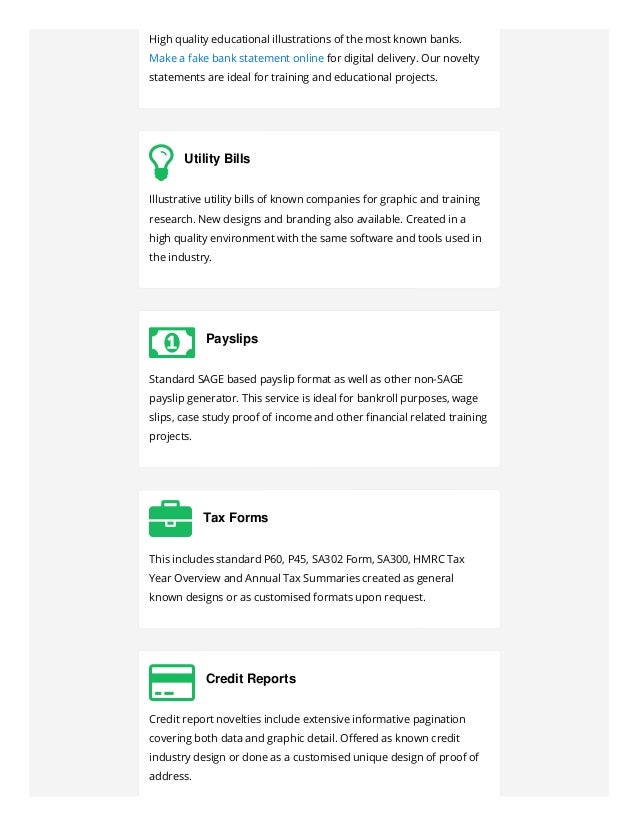

Be especially cautious if you clicked through to it from an email that could be spam. To protect yourself, carefully check the address of the bank website you are using. One way to reach a cloned website is to click through to it from a spam email.


These sites use a similar address to the genuine bank website and use it to trick customers. Online banking scams Website scamsīank websites can be copied ('cloned') by criminals. Ofcom explains how to avoid 'caller ID spoofing' and why you shouldn't give any information to these people or call them back. We have been told that fraudsters are making the FCA’s switchboard number – 020 7066 1000 – appear in the caller ID of people they contact.

It might seem genuine but it could turn out to be fake. You should also be wary of text messages to your mobile phone that encourage you to visit a specific website. They will then try to trick you into revealing information about your account. However, fraudsters may be able to change the number displayed on your phone to suggest they are calling from a genuine bank. If your phone (mobile or landline) allows you to see the ‘caller ID’, it will show the number fraudsters are calling from, or it will say the number is withheld. hand over your cash or card to them via courierĪ similar scam uses a tactic known as ‘number-spoofing’.give them your account details (especially if they already have some of them).Instead, they remain on the line to intercept your call when you try to contact your bank. However, when you try to end the call, the fraudsters don't hang up. They may even tell you to use the phone number on the back of your debit or credit card. To convince you that their call is genuine, they may tell you to hang up and call your bank. They might pretend to be doing a ‘fraud check’ or calling to discuss a problem with your account. Fraudsters may call you and claim to be from your bank, the police, or a similar organisation. check the Financial Services Register to find contact details for authenticated firms.telephone scams (including 'vishing' and number spoofing).Find out more about some of the common ones, including: Find out about potential scams, how they could affect you, and how to protect yourself.īanking and online scams can take many forms. Coronavirus (Covid-19): A major event like coronavirus can start new types of scam activity.


 0 kommentar(er)
0 kommentar(er)
